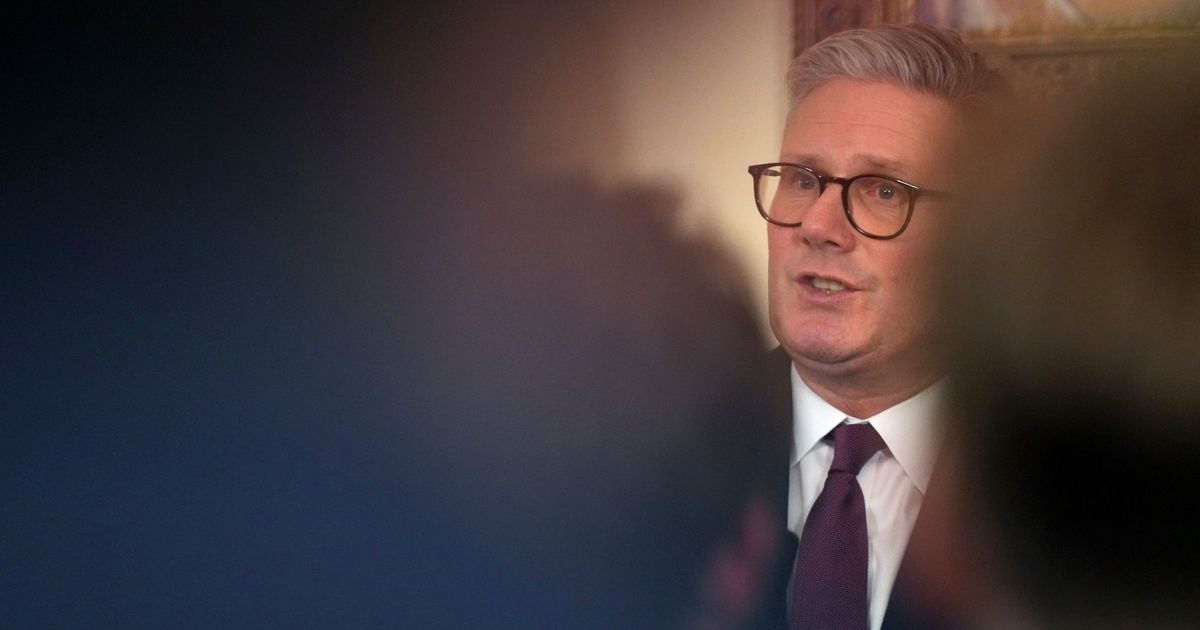
Britain’s foreign aid budget is to be slashed to pay for a huge boost in defence spending, Keir Starmer has announced.
The prime minister told the Commons that the government will hit its target of spending 2.5% of gross domestic product (GDP) on defence by 2027 – three years earlier than planned.
Advertisement
That means an extra £13.4 billion a year will be spent on defence, which Starmer said was the biggest sustained increase in the military budget since the Cold War.
It comes after Donald Trump signalled that America would no longer provide military protection for Europe and against the backdrop of the ongoing war in Ukraine.
Starmer said: “We must change our national security posture, because a generational challenge requires a generational response.”
Advertisement
The PM said that the amount spent on international aid will be reduced from 0.5% of GDP to 0.3% to pay for it.
“That is not an announcement I am happy to make,” he said. “I am proud of our record on overseas development.
“At times like these the defence and security of the British people must always come first – that is the number one priority of this government.”
Advertisement
The prime minister also told MPs that “subject to economic conditions” the UK will further increase its defence spending to 3% of GDP after the next general election.
Taking spending on the security and intelligence services into account as well as defence, the budget will amount to a 2.6% share of the economy from 2027, Starmer said.
The timing of the announcement is significant as it comes as the PM is set to fly to Washington on Wednesday to meet President Trump, who has called on other Nato countries to boost their defence spending.
Advertisement
Starmer said: “At moments like this in our past, Britain has stood up to be counted. It has come together and it has demonstrated strength.
“That is what the security of our country needs now and it is what this government will deliver.”
Lib Dem leader Ed Davey said: “The Liberal Democrats fully support raising defence spending to 2.5% of GDP as a minimum, as quickly as possible. I hope today’s announcement will mean the rapid reversal of the Conservative Party’s shortsighted and irresponsible decision to cut our Armed Forces by 10,000 troops.
“But given the threat to our security posed by Putin and Trump, the government must go further and bring all parties together to agree an increase to 3% of GDP as soon as possible.
Advertisement
“By cosying up to Putin, Donald Trump is threatening to betray not only our Ukrainian allies, but the British people and the whole of Europe too. Now it is up to the UK to stand up and lead in Europe, for the safety and security of us all.”






